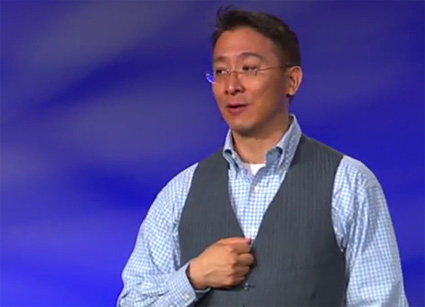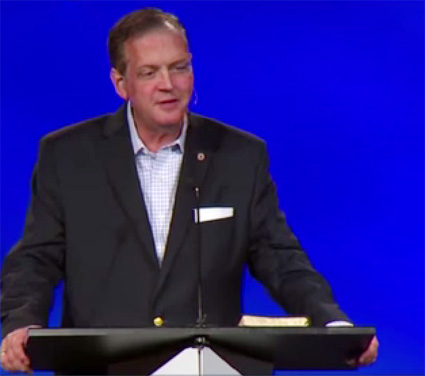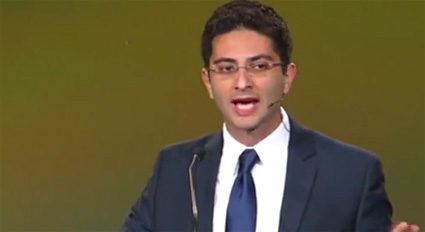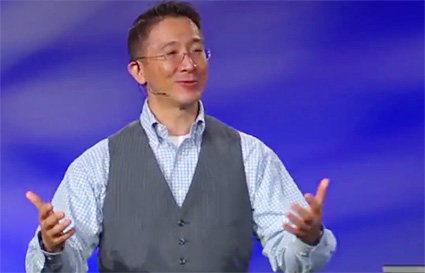Texas Tidbits: UMHB, Baylor Scott & White create degree program
The University of Mary Hardin-Baylor is developing a doctor of physical therapy degree program in partnership with Baylor Scott & White Health. The collaborative partnership will give UMHB doctor of physical therapy students the opportunity to interact with physicians, therapists and nurses daily, and it will help facilitate a collaborative learning environment with health-care professionals across Central Texas. Doctor of physical therapy faculty and Baylor Scott & White faculty also will collaborate on research projects. While the program will start on the UMHB campus, the university plans to build a permanent home for the program on the Baylor Scott & White campus in Temple. UMHB anticipates a fall semester 2015 start date and is accepting applications, with the first round of conditional acceptances beginning this month. The deadline for applying to the program is March 31, 2015. The program start date is contingent on achieving candidacy status through the Commission on Accreditation in Physical Therapy. The Southern Association of Colleges and Schools—the university’s regional accrediting agency—also must approve the program.
Del Risco named Texas Baptist Hispanic evangelism director. 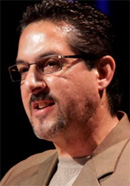 Joshua del RiscoJoshua del Risco, a former Oklahoma Baptist pastor and coordinator for the North American Mission Board’s church mobilization team, was named director of Hispanic evangelism and associate director of evangelism for the Baptist General Convention of Texas, effective Nov. 3. He was pastor of Living Word Hispanic Baptist Church in Oklahoma City from 1995 to 2001. He served with NAMB in various capacities from 2001 to 2014. He and his wife, Esther, have two grown sons, Andrew and Timothy.
Joshua del RiscoJoshua del Risco, a former Oklahoma Baptist pastor and coordinator for the North American Mission Board’s church mobilization team, was named director of Hispanic evangelism and associate director of evangelism for the Baptist General Convention of Texas, effective Nov. 3. He was pastor of Living Word Hispanic Baptist Church in Oklahoma City from 1995 to 2001. He served with NAMB in various capacities from 2001 to 2014. He and his wife, Esther, have two grown sons, Andrew and Timothy.
Baylor receives naming gift for Robbins College of Health and Human Sciences. William K. and Mary Jo Robbins, members of Tallowood Baptist Church in Houston, provided Baylor University a major gift for its newest academic unit focused on health-related education and research—the Robbins College of Health and Human Sciences. He is founder and CEO of Houston-based North American Corp. She served 27 years in the nursing profession, and she opened and managed 10 dialysis facilities in Texas. Baylor regents established the College of Health and Human Sciences last May, uniting four health-related academic units—communication sciences and disorders; family and consumer sciences; health, human performance and recreation; and the Louise Herrington School of Nursing.
Baylor adds doctoral program in environmental science. Baylor University regents approved a new Ph.D. program in environmental science, beginning in January 2015. Core specialty areas will include environmental health, environmental chemistry and toxicology. In 2014, Baylor produced 28 Ph.D. graduates in STEM—science, technology, engineering and math—fields. By 2019, the university expects it will award 44 STEM doctoral degrees.

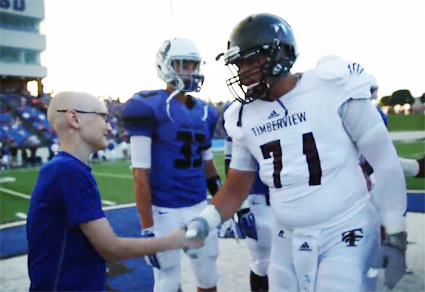
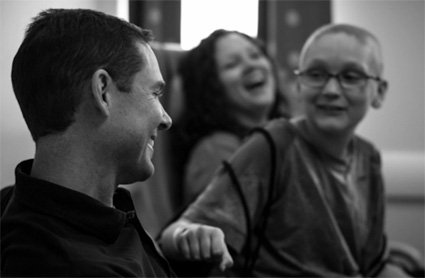

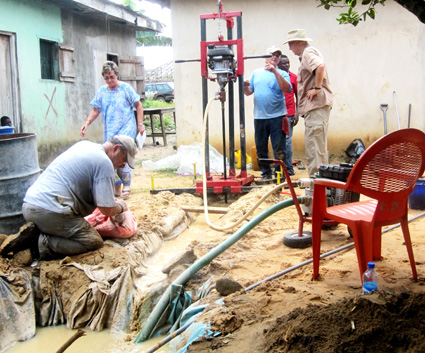





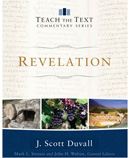 Wood counts Baptist Student Ministry among her activities.
Wood counts Baptist Student Ministry among her activities.